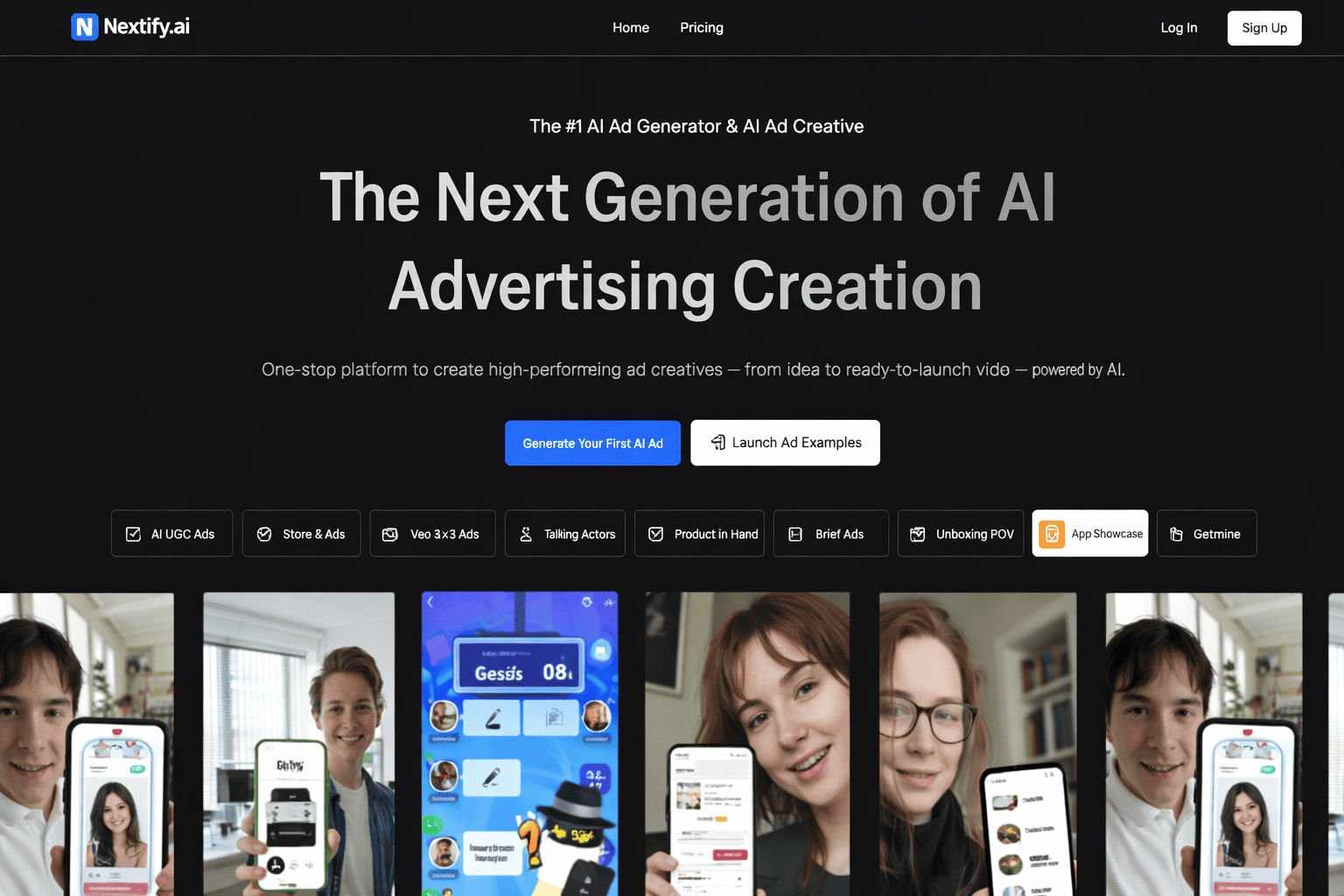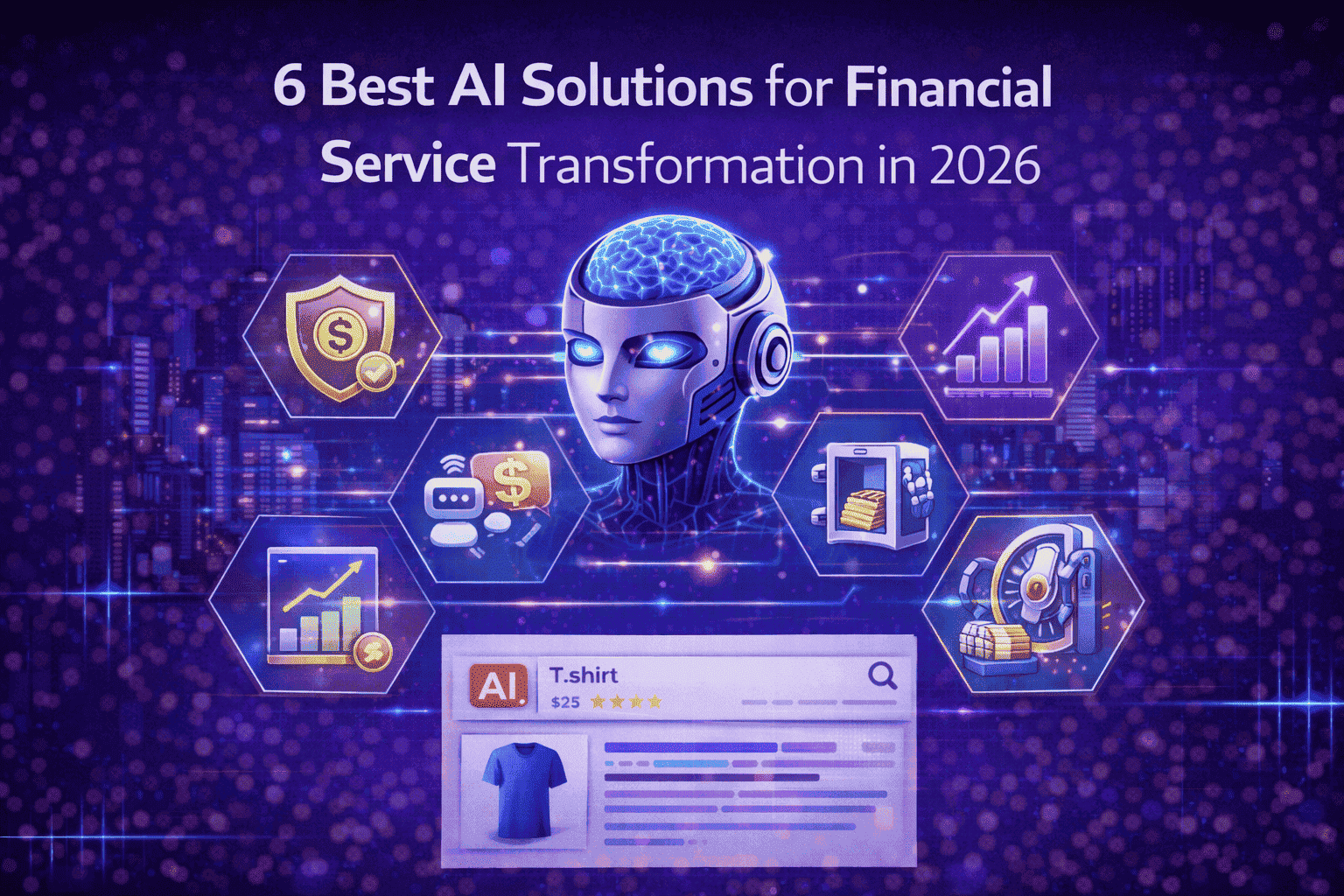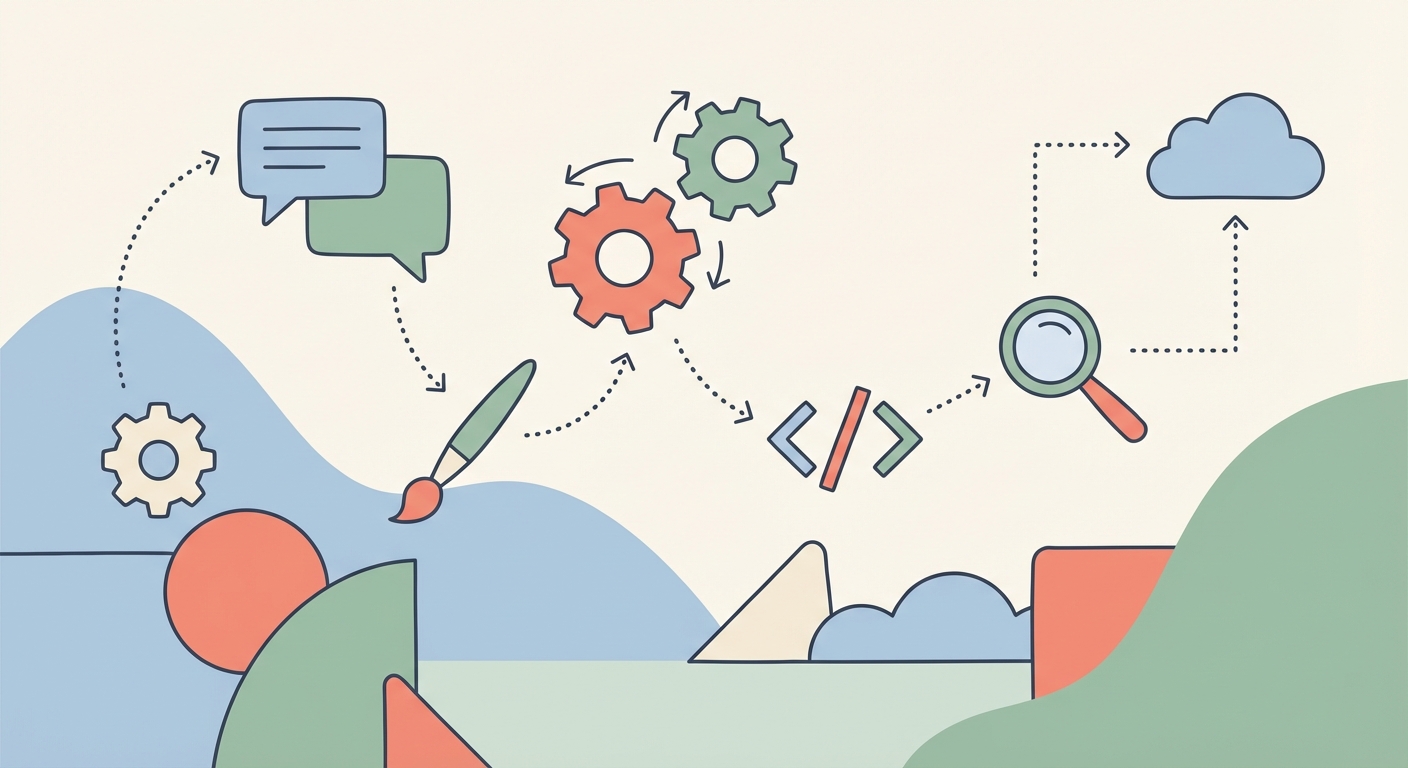Artificial Intelligence (AI) has swiftly integrated itself into various industries, and content writing is no exception. With the rise of AI-powered tools and platforms, the landscape of content creation has experienced a significant transformation. AI content writing has emerged as a groundbreaking technology, incorporating machine learning algorithms to generate engaging and high-quality written content. In this article, we aim to delve into the intricacies of AI content writing, exploring the mechanics, advantages, and key considerations surrounding this innovative domain of technology.
Understanding the Basics of AI Content Writing
AI content writing encompasses the use of AI algorithms to generate written content with minimal to no human intervention. By utilizing Natural Language Processing (NLP) and machine learning models, these algorithms analyze vast amounts of data to understand patterns, semantics, and linguistic nuances. They then apply this knowledge to create human-like written content.
The Mechanics Behind AI Content Writing
- Data Collection: AI content writing models rely on large datasets, including existing articles, blogs, and other textual information, to train and fine-tune their algorithms. The more diverse and extensive the dataset, the more refined the AI-generated content becomes.
- Training the Model: AI models are trained by exposing them to a vast collection of text data, often referred to as the "corpus." During this training process, the models learn to recognize patterns, sentence structures, word relationships, and contextual information. They understand how grammar, syntax, and semantics work within different languages.
- Natural Language Processing (NLP): NLP enables AI models to comprehend the context, meaning, and sentiment behind textual information. By breaking down sentences into smaller components, analyzing syntactic structures, and identifying entities and relationships, NLP algorithms facilitate language understanding and replication.
- Algorithmic Generation: Once trained, AI content writing models can generate written content by combining and restructuring words, phrases, and sentences based on the learned patterns and linguistic knowledge. The models can produce coherent paragraphs, blog posts, product descriptions, and even news articles.
Advantages of AI Content Writing
- Time Efficiency: AI content writing significantly reduces the time spent on research, planning, and writing. It can produce high-quality content within seconds, eliminating the need for manual drafting and proofreading.
- Consistency and Scalability: AI-generated content offers consistency in tone, style, and writing quality. It can effortlessly produce a large volume of content, making it suitable for content marketing campaigns and other content-intensive processes.
- Language Adaptability: AI content writing models can generate content in multiple languages, breaking language barriers and catering to a global audience. This opens up new avenues for businesses to expand their reach.
Considerations for AI Content Writing
Despite its many advantages, AI content writing still has some limitations and considerations:
- Lack of Creativity: AI content writing models lack genuine creativity, originality, and the ability to think critically. The creative flair and unique perspective that humans bring to content creation are still unmatched by AI algorithms.
- Ethical Implications: With AI-generated content, concerns may arise regarding plagiarism, authenticity, and the ethical use of AI. It is crucial to uphold ethical standards and ensure transparent disclosure when AI is involved in creating content.
- Editing and Proofreading: AI-generated content often requires human intervention for editing, proofreading, and polishing. While AI can provide a strong foundation, human input is essential for refining and perfecting the final output.
Conclusion
AI content writing is revolutionizing the way we create written content, offering substantial benefits in terms of time efficiency, scalability, and language adaptability. By leveraging AI algorithms and machine learning, content creators can streamline their processes and focus on higher-level tasks. However, it is crucial to strike a balance between AI-generated content and human creativity to maintain authenticity and ethical standards. As AI technology continues to evolve, we can expect further advancements in AI content writing, paving the way for a more efficient and intelligent approach to content creation.




